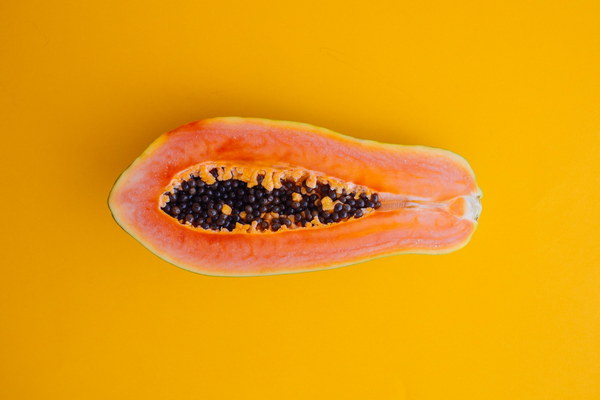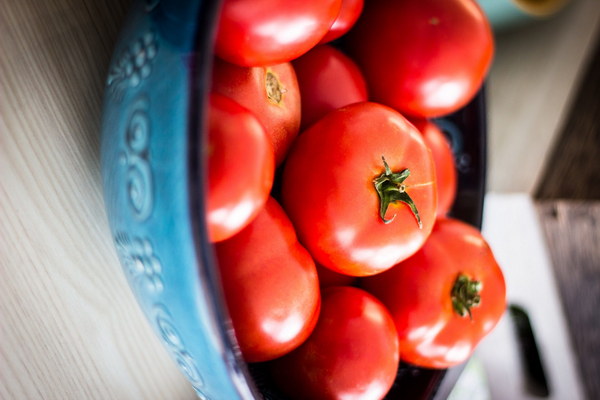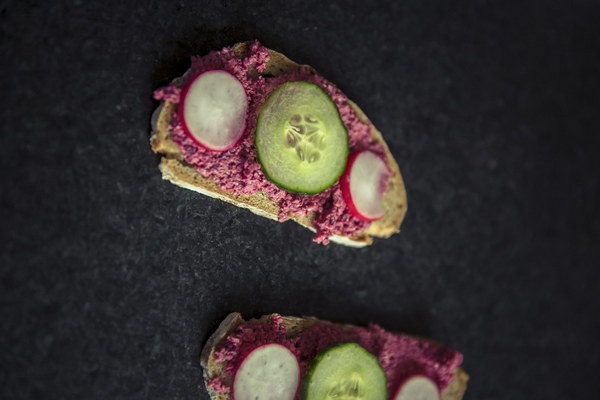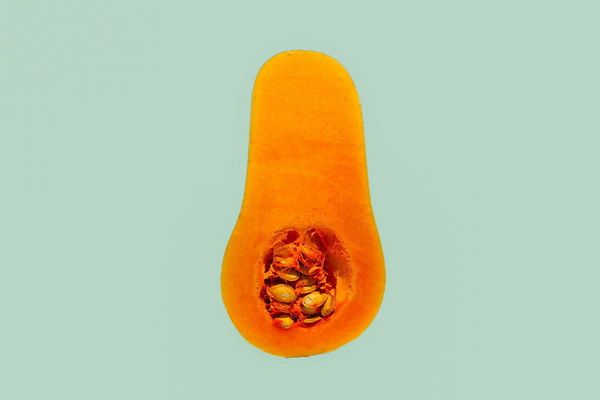Healing the Wounds A Holistic Approach to Nourishing a Mom with Gastric Ulcers
Introduction:
Gastric ulcers can be a challenging condition to manage, especially for mothers who are juggling the demands of family life. As a loving caregiver, it's important to provide your mother with a nurturing and holistic approach to healing her body from within. This article offers a comprehensive guide to creating a tailored diet and lifestyle plan that can help soothe her gastrointestinal tract and promote overall well-being.
1. Understanding Gastric Ulcers
Gastric ulcers are sores that form on the lining of the stomach or the first part of the small intestine. They are often caused by an imbalance of stomach acid and protective mucus, and can be exacerbated by factors such as stress, certain medications, and an unhealthy diet.
2. The Importance of a Balanced Diet
A well-balanced diet is crucial in the healing process. Here are some key dietary considerations:
a. Low-acid Foods: Encourage your mother to consume low-acid foods such as bananas, rice, applesauce, and oatmeal. These can help reduce the irritation in the stomach lining.
b. Non-Caffeinated Beverages: Limit caffeine and alcohol intake, as these can increase stomach acid production. Instead, opt for herbal teas, ginger tea, or warm water with lemon.
c. Lean Proteins: Include lean proteins like fish, chicken, and tofu, which are easier on the stomach than red meats.
d. Healthy Fats: Incorporate healthy fats from sources like avocados, nuts, and olive oil, which can help to soothe the digestive tract.
e. Fresh Vegetables and Fruits: Encourage the consumption of fresh, non-irritating vegetables and fruits, such as sweet potatoes, carrots, and blueberries.
3. Meal Timing and Portion Control
It's important to eat small, frequent meals throughout the day to prevent overloading the stomach. Here are some tips:
a. Eat Slowly: Encourage your mother to chew her food thoroughly to aid digestion.
b. Avoid Late-Night Eating: Eating too close to bedtime can lead to discomfort and indigestion, so try to finish meals at least two to three hours before lying down.
c. Portion Control: Be mindful of portion sizes to avoid overeating and putting unnecessary pressure on the stomach.
4. Hydration and Relaxation
Hydration is key in aiding digestion and keeping the stomach lining healthy. Here's how to promote hydration and relaxation:
a. Drink Water: Ensure your mother stays well-hydrated by drinking plenty of water throughout the day.
b. Manage Stress: Stress can exacerbate symptoms of gastric ulcers, so help your mother find ways to relax, such as yoga, meditation, or gentle exercise.
5. Supplements and Herbs
Certain supplements and herbs can help support the healing process. Consider the following:
a. Probiotics: These beneficial bacteria can help maintain a healthy gut flora, which is essential for digestion.
b. Glutamine: An amino acid that can help repair the stomach lining.
c. Aloe Vera: Known for its soothing properties, aloe vera can help reduce inflammation in the stomach.
d. Licorice Root: This herb has been traditionally used to reduce stomach acid and promote healing.
6. Regular Check-ups and Communication
It's important to keep open communication with your mother's healthcare provider. Regular check-ups will help monitor her condition and ensure that the treatment plan is effective.
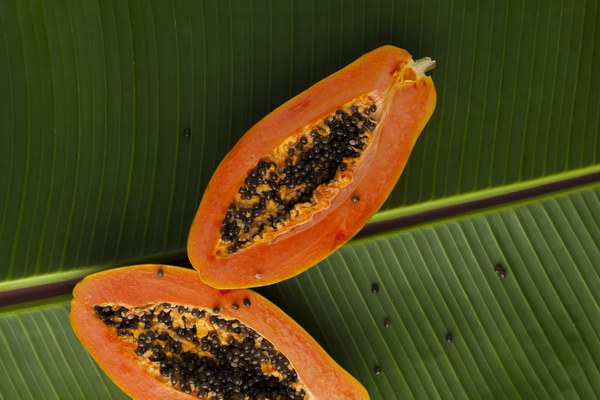
Conclusion:
Nurturing a mother with gastric ulcers requires a compassionate and comprehensive approach. By focusing on a balanced diet, meal timing, hydration, stress management, and the use of supportive supplements and herbs, you can help your loved one on the path to recovery. Remember, patience and understanding are key ingredients in the healing process, and with time, your mother can find relief and regain her health.
